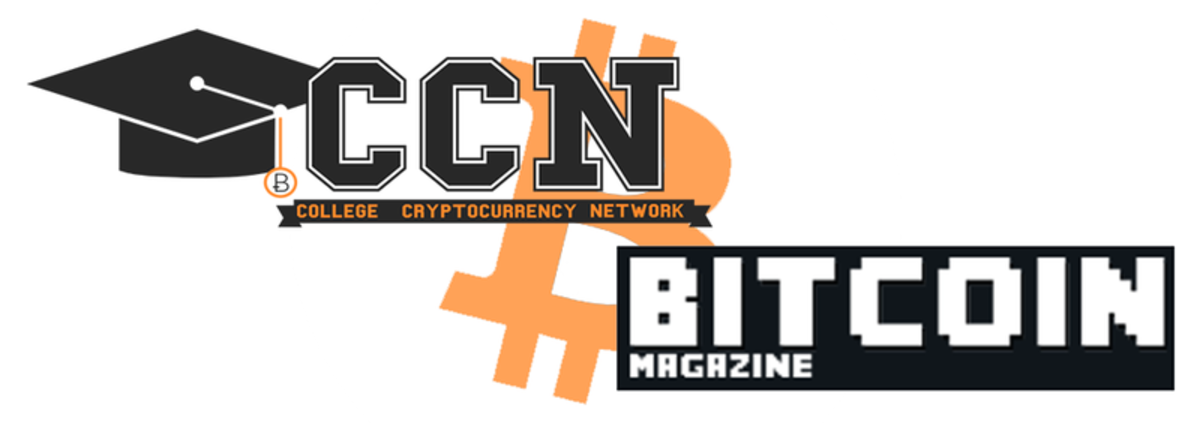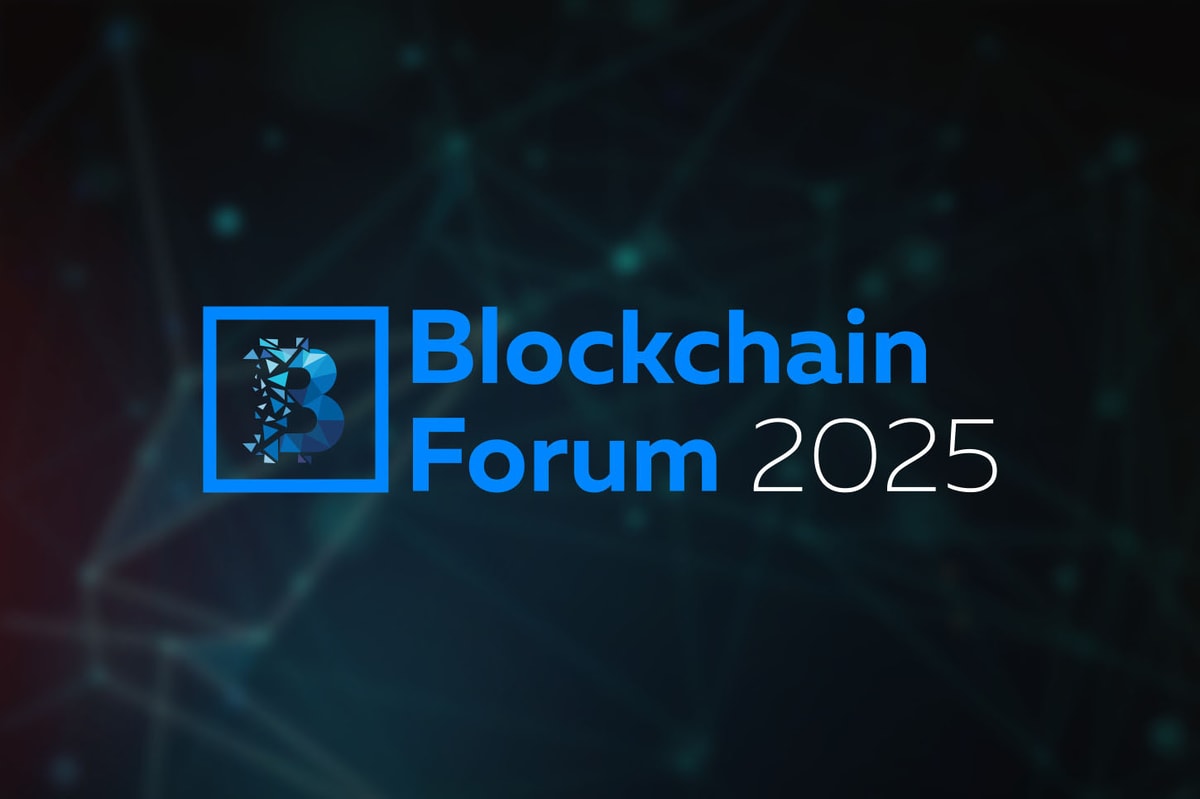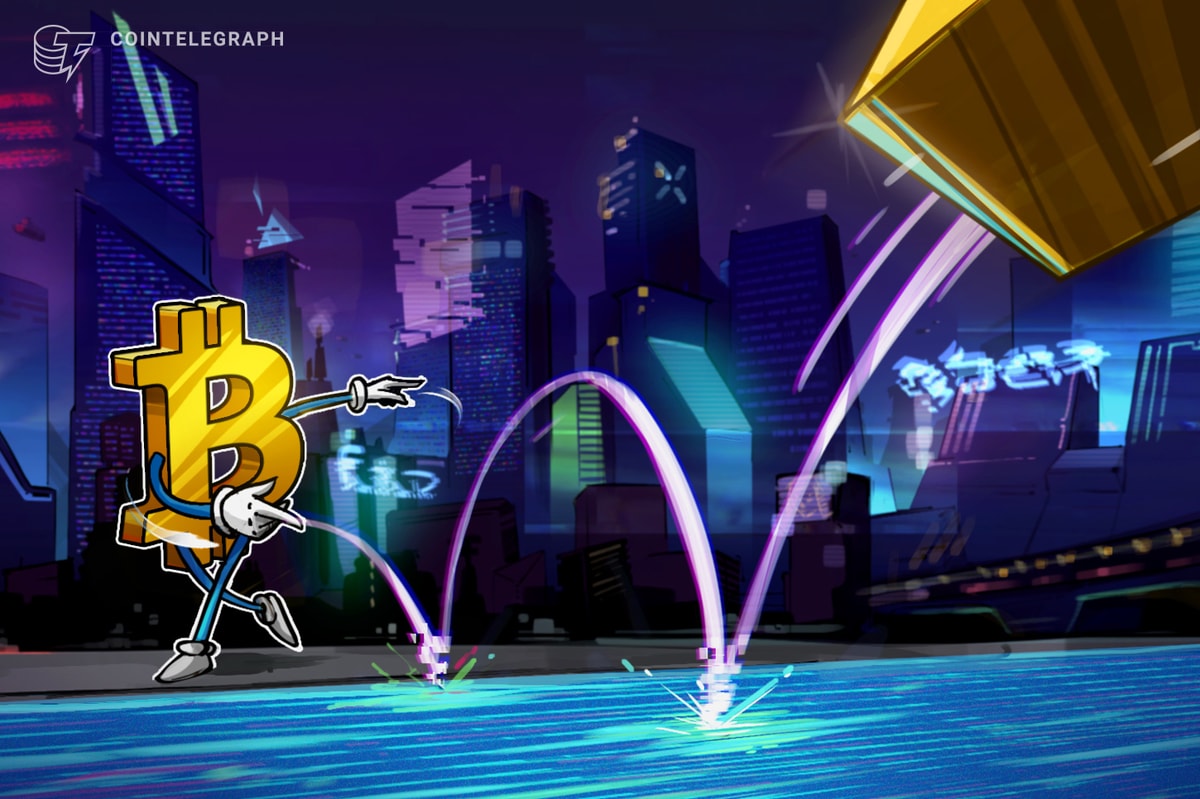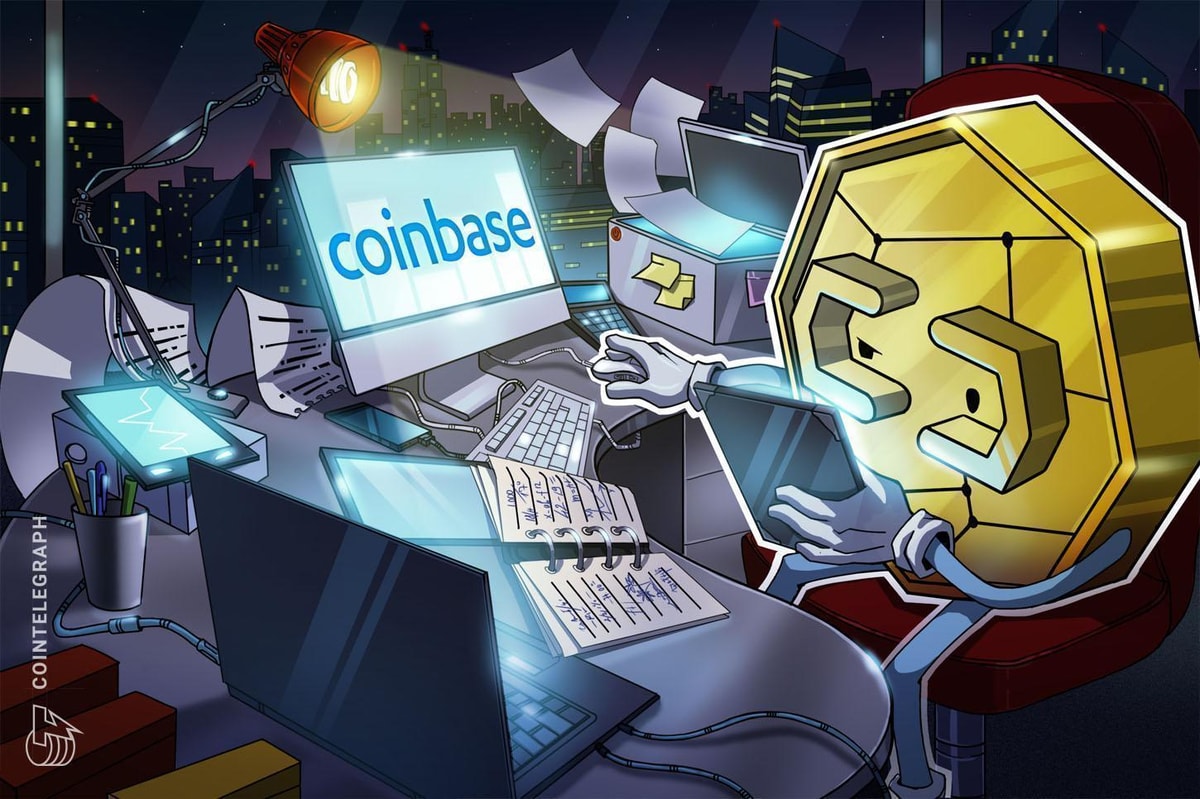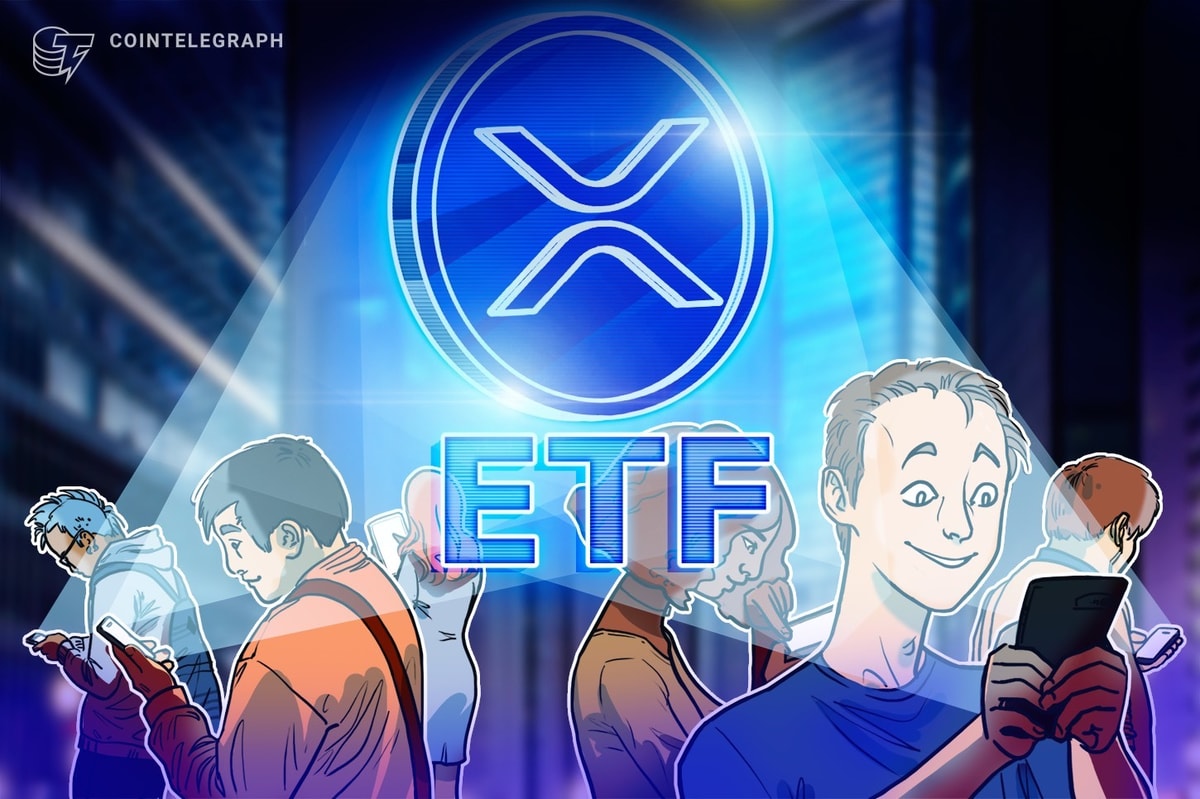
Open source technology is fundamental to the cryptocurrency movement, and that’s a good thing. Bitcoin wouldn’t have the same appeal if it were copyrighted by a company, or if any of the underlying code were hidden from the public. The free and transparent nature of open source projects was necessary for the success of Bitcoin, and cryptocurrency appears ready to return the favor by decentralizing software distribution as we know it.
One of the most important ideas to emerge from the movement so far are decentralized exchanges. These allow one to (without trusting a central authority) trade different cryptocurrencies on smart contract-enabled platforms like Counterparty, Mastercoin or Ethereum. The additional invention of smart property–the owners of which can be tracked using a blockchain–means that one will be able to buy and sell not just digital coins, but even things like houses and cars!
Among the many things one can trade in a decentralized fashion are software and data, which is relatively simple to accomplish compared to a car: no physical change-of-hands or lengthy paperwork is required. Finding software currently requires a lot of effort if the software is obscure, unless you’re willing to use a centralized marketplace which can charge whatever extra fees it wishes. Services like Steam or the iStore maintain a lot of control over what users can access, and often have ongoing restrictions–we’re moving towards a licensing model, wherein many of our favorite programs are not actually ours.
These monopolistic software distributors will inevitably support the developers that profit them the most, which are usually not of the open source variety. Given the tenacity of the open source community, one might wonder why nobody attempted to solve this problem, before. To a degree, they already have: programs like FrostWire hope to decentralize access to software via their P2P networks, and cryptocurrency is already supporting the cause.
FrostWire, if you didn’t know, allows one to download programs uploaded to the network from other users. Although they already accept PayPal donations, donating to the creators of your favorite content requires tracking them down, and of course incurs unnecessarily-high fees by virtue of them being a middleman. Your average Internet user is too lazy to track the source of content if it requires any effort, and will be unwilling to send very small donations given the fees attached.
FrostWire has solved this problem by integrating Bitcoin, Litecoin, Dogecoin and Peercoin. Funds sent to a torrent in the FrostWire program go directly to the uploader, untouched by the FrostWire developers or network. Bitcoin’s well-known suitability for microtransactions means that even the poorest of fans can send donations–whatever amount they can afford, even pennies–with relative ease. Bands like Radiohead have had amazing success with the “pay-what-you-want” model, which takes power out of the hands of record producers who leech off their artists, and cryptocurrency will take things even further. It’s conceivable that most music will exist in the free domain in the future.
This is a great innovation, but it’s likely that not all software is suitable for the freemium model, especially if development costs are high–songs are cheap enough that many will be willing to donate extra for them, helping make up for the free riders. If you want to sell your software at a cost, you currently have to use a centralized software distributor, like those mentioned above. Unfortunately, reliable methods of selling software in a decentralized fashion have not yet been developed, but recent innovations called MaidSafe and the API Network hope to solve that problem, too, while providing further benefits to the open source community.
MaidSafe you might have heard of, since it’s been around for years, and raised millions of dollars via a cryptocurrency crowdsale. They created the SAFE Network, which hopes to revolutionize the Internet as we know it. Currently, if you want to put something on the Internet, like a website, you have to distribute it from one or more central servers, which you may or may not control. If the authorities want that data removed our intercepted, they can go to wherever that website is hosted from and use coercion or force to make that happen.
The SAFE Network stores data in encrypted form, in bits and pieces in every computer connected to it. At least four full copies are maintained at any one time, in case somebody leaves the network or service is otherwise interrupted. If the data is private, the system ensures that it can only be decrypted by the intended user’s client. None of the data can be decrypted by anyone outside of the SAFE Network, nor effectively removed without confiscating every single connected device. One can store files and programs, and others can download or access them for free or for a specified number of safecoins, the network’s native currency.
You can buy safecoins on the Mastercoin network, or you can earn them, such as by volunteering more disc space to the network than you consume in storage (proof of resource, as opposed to the proof-of-work mining in Bitcoin). Open source developers can design and upload applications to the SAFE Network for free, and all developers get safecoins from the network when their content is accessed. This provides a subsidy for open source developers (as opposed to just relying on donations), and reduces their distribution and hosting costs to practically nothing. Those who want to sell their application’s services and keep the programs to themselves can still do that.
This allows one to run an online service or distribute digital content without the use of a central intermediary. The first system to take advantage of this is the API Network, which runs on the SAFE Network. The reason you’re likely less familiar with the API Network than MaidSafe is that relatively few people understand what an API is, or their importance. API stands for application programming interface, and is how programs talk to each other: just like a graphical user interface (GUI) specifies how a human and a program communicate, an API instructs other programs. Instead of going through the program to find out where it stores data, how, and the format of its inputs and outputs, an API tells you that.
This is most common (by far) in web services–for example, if you want to include a Google map on your webpage, it’s vastly easier to use an API than to figure out how to get the right data from their server on your own. A web API exists on the side of the web service provider, and is “called” over the Internet to retrieve and display the correct data locally. The Google Maps API makes things relatively plug-and-play compared to the programming required to reconstruct their work, and versatile enough for most scenarios. They are useful enough to have spawned several online marketplaces, and when they’re unable to find and get an API directly from the developer, people are willing to pay a middleman for easy access.
The API Network has its own native coin, called APIcoins (XAP). Although the API Network uses the SAFE Network, XAP utilizes the Mastercoin protocol, so they are stored on the Bitcoin blockchain. These can be purchased using mastercoins, but hopefully you will get yours by providing API calls of your own. They are constructing a marketplace wherein anyone can list their own or a licensed API (or rather, the data it provides when called), and allow API Network users to access it for a designated cost. No centralized marketplace is required.
You can see for yourself how they handle all the data if you suspect shenanigans. Better still, the API Network will hold a public marketplace, for the most commonly-used APIs like Google’s. Anyone can access these at virtually no charge! The API Network team is very committed to the open source movement; they want to see it (and their marketplace) grow, so 20 of all XAP that will ever exist will go to paying for the acquisition and open sourcing of APIs and related software. That’s the same amount given to the developers themselves, intricately tying the success of their team and their coin to their contributions to the open source movement.
This is just the tip of the iceberg in terms of what crypto can do for the open software movement. It’s both decentralizing distribution of software, and promoting open source development. Their initial crowdsale is almost over, but if you want to see more things like the API Network develop out of MaidSafe, consider buying a couple APIcoins!


